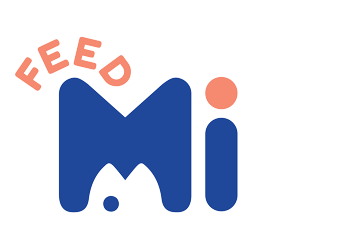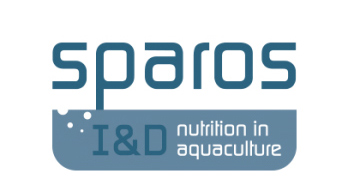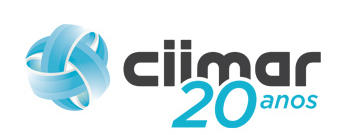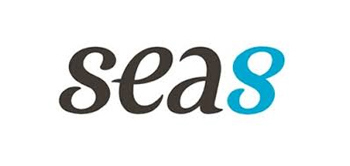SPAROS is a science and technology-driven SME dedicated to the development of new products and tailored nutritional solutions, as well as innovative cutting–edge technology services, for the aquaculture sector. SPAROS commercializes its own range of premium aquafeeds for larval stages (HatcheryFeeds™), a premium diet for zebrafish for biomedical research (ZEBRAFEED™), a fish performance prediction tool (FEEDNETICS™), and manufactures customized feeds for third parties.
Committed to the sustainable growth of the aquaculture sector, SPAROS fosters the transfer of novel scientific knowledge to the industry, assuming a pivotal role in the development of new solutions for fish nutrition.
CIIMAR was established in 2000 at the University of Porto and mobilises a multidisciplinary, highly skilled and motivated team that works at the frontier of Ocean Knowledge and Innovation. CIIMAR fosters an integrated approach to Ocean and coastal areas promoting the understanding and knowledge on physical, chemical and biological dynamics of these environments and the impact of natural and human disturbances, aiming to unravel links between these processes, grasp Ocean and ecosystems functioning and responses to global changes. CIIMAR uses this knowledge-base to promote the natural capital and the sustained management of marine resources through monitoring of ecosystems health, optimization of aquaculture, and biotechnological exploitation of the resources for environmental and human health applications.
University of Porto (U.Porto) is a benchmark institution for Higher Education and Scientific Research in Portugal and one of the top 200 European Universities according to the most relevant international ranking systems. Being open to the community and business is the main trademark of the U.Porto. The University is itself an important driving force for economic, social, cultural and scientific development in Northern Portugal and in the country as a whole. The U.Porto has the richest academic community in Portugal and brings together the country’s highest ranked students, a highly qualified scientific and teaching staff and a growing number of international students, teachers and researchers. Its fully equipped campus embedded within the city guarantees an optimal academic, scientific, and also social and cultural experience.
ICBAS (Institute of Biomedical Sciences Abel Salazar) and FCUP (Faculty of Science, Porto University) are two faculties involved in FeedMi Project. ICBAS is a multi-disciplinary and multi-professional school in the field of Life Sciences. The school provides education in a broad range of areas such as Medicine, Veterinary, Agronomy and the Aquatic Sciences. It cooperates with different institutions in the city (such as Hospital Geral de Santo António), and provides specialised services to the community. FCUP is, together with the Faculty of Medicine, the oldest school of the University of Porto and one of the largest both in terms of both number of students and scientific productivity. FCUP is responsible for teaching the exact and natural sciences and their application to technology.
IPMA, is a public research institute devoted to carry out research, technological development, innovation, services and dissemination activities on sea and atmosphere, including sustainable exploitation of marine resources as well as on production, upgrading and processing of high quality seafood products. IPMA acts as counsellor to the national authorities on aquaculture, fisheries, fishing industry and fishery organisations.
Olhão Aquaculture Research Station (EPPO) carries out research and technological development on the production of species with potential value for the Portuguese aquaculture industry and on aquaculture/environment interactions, being equipped to carry out production studies at every scale from bench-top laboratory work to a much larger semi-industrial level (e.g. marine fish hatcheries, earth ponds and offshore facilities).
Sea8 is a company focused on using the latest technological advancements in sole production in Portugal. This is a way to ensure the best available care in the fitness of the fish produced and at optimal environmental conditions for its welfare. This enables a sustainable use of the resources available.
Currently there are two production units operating in Portugal. Safiestela, in Estela (Póvoa do Varzim), is the hatchery unit where the sole early life stages, from egg to juveniles, are produced. Aquacria Piscícolas in Murtosa (Aveiro), is an on-growing unit capable of producing two hundred tons of sole per year. There is also an on-growing unit, Aquacria Arousa (Cambados), operating in the north of Spain, and producing four hundred and fifty tons of sole per year.
The technologies available, that allow the continued growth of the company, are the Recirculating Aquaculture Systems (R.A.S.). They enable a fitted control of the environmental conditions and ensure the high quality and food safety of the fish reared, making sure the sole consumption is compatible with a sustainable future.






